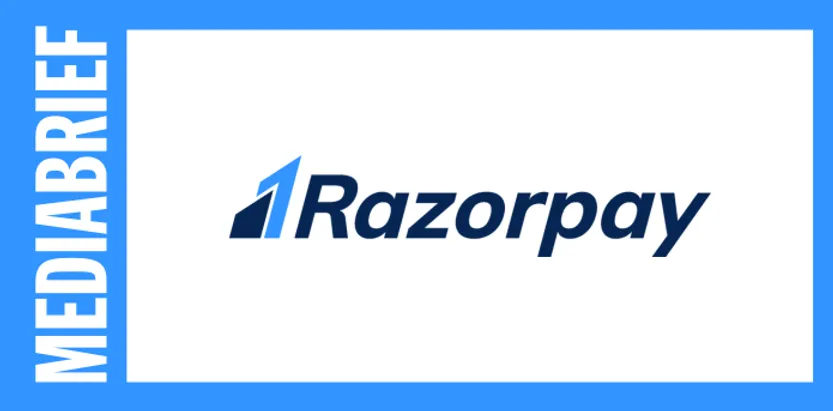Tech World
How can social media platforms better protect against misuse of company names and trademarks?

The Delhi High Court (HC) Takes Action Against Fraudulent Accounts Misusing Razorpay’s Name
The Delhi High Court has ordered messaging platforms like Telegram, WhatsApp, and Facebook, along with NPCI, to remove accounts and UPI IDs that are fraudulently using Razorpay’s name.
John Doe Order: Suspension of Domains and Blocking Accounts
In a John Doe order, the HC mandated the suspension of domain names run by unknown entities involved in these scams. It also directed WhatsApp and Telegram to block such accounts and provide basic subscriber information.
Immediate Compliance: Suspension of Fraudulent Accounts
The order requires Facebook, WhatsApp, and Telegram to immediately suspend accounts infringing on Razorpay’s trademarks and conducting fraudulent activities, as per the court’s directive.
Bank and NPCI Actions Against Fraudsters
Banks have been instructed to freeze accounts used by fraudsters, while the National Payments Corporation of India (NPCI) has been asked to disable the UPI IDs involved in these scams.
Razorpay’s Legal Move Against Fraud
Razorpay approached the HC, revealing that unknown individuals were misusing its name and trademark to lure people into fraudulent schemes, including financial scams.
Digital Platforms and Cybercrime
The company highlighted that scams were being executed through platforms like WhatsApp, Facebook, and Telegram. The digital landscape, while convenient, has become a hotspot for cybercriminals. Scammers impersonate reputable companies like Razorpay to deceive individuals. The HC recognized a prima facie case in favor of Razorpay.
Public Caution and Security Measures
Razorpay has issued a disclaimer on its website to warn the public against such frauds. The company has emphasized its dedication to robust security measures, including regular infrastructure updates and stringent security protocols.
Commitment to Transparency and Trust
Shivli Katyayan, head of legal affairs at Razorpay, stated, “We have always been committed to safeguarding our customers from financial fraud through proactive measures. This legal order reinforces our dedication to transparency, accountability, and trust in the Razorpay brand.”
Previous Legal Actions Against Digital Fraud
This is not the first instance of companies moving the high court to prevent misuse of their trademarks for digital fraud. In January, Peak XV and Sequoia Capital filed lawsuits against unknown individuals misusing their names to offer trading and investment-related advice.